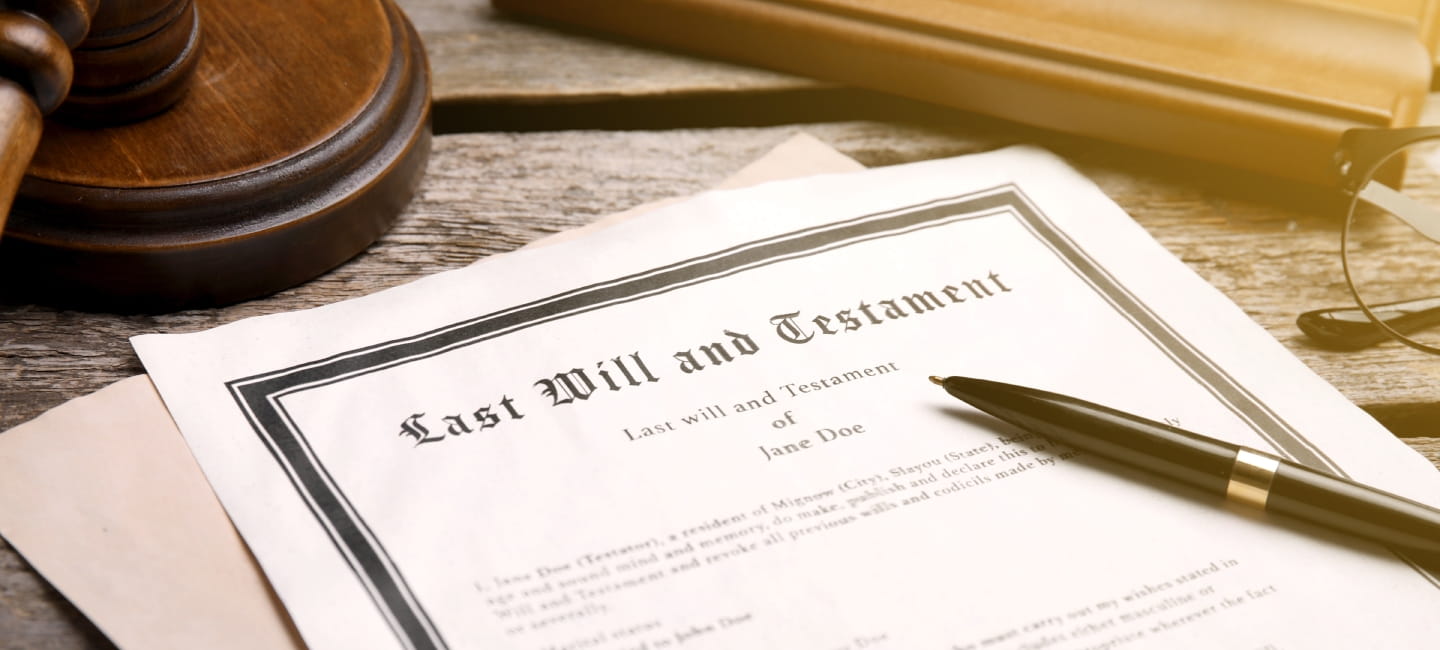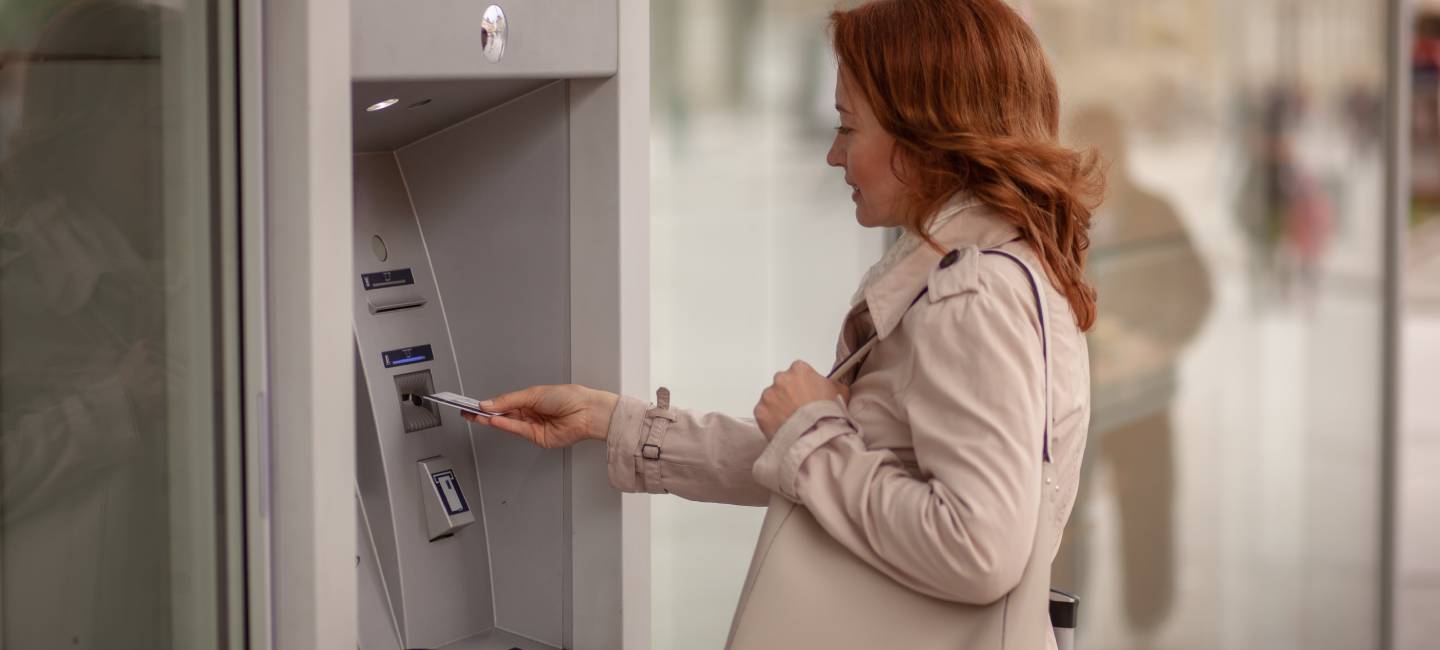
This article is for general guidance only and is not financial or professional advice. Any links are for your own information, and do not constitute any form of recommendation by Saga. You should not solely rely on this information to make any decisions, and consider seeking independent professional advice. All figures and information in this article are correct at the time of publishing, but laws, entitlements, tax treatments and allowances may change in the future.
Inheriting shares from a relative or friend can provide a carefully-created portfolio, one which has the potential to improve your future financial security, or perhaps provide a new income stream.
But, as is often the case when inheriting assets, there can be red tape involved at the outset and managing this can feel stressful if you’re bequeathed the shares unexpectedly at a difficult time.
They'll need to be transferred into your name, there could be Capital Gains Tax to pay if you come to sell them, or they might increase the future Inheritance Tax liability on your own estate.
There’ll also be the question of whether you should hang onto the shares; they may not be the most suitable type of investment for you, and you might prefer the cash.
While there are a few steps (and decisions) you’ll need to take, once it’s sorted, you’ll be able to benefit from your inheritance – or enjoy watching someone else use it instead.
For the purposes of this article, we’ll be discussing shares in a publicly listed company (PLC) – if you’re unclear on the process, have a large inheritance or are inheriting shares in private companies or other institutions, it’s worth getting the advice of a legal professional.
“Following someone’s death, their shares will need to be transferred into the beneficiary or beneficiaries’ names,” explains Amy Lane, Tax Planning Lawyer at law firm Thomson Snell & Passmore.
“For shares held in someone’s sole name, it will be necessary, more often than not, to obtain a grant of probate in order to be able to transfer the shares.”
Probate will normally be handled by the executor of the deceased’s estate, and for portfolios where the shares are held jointly, they automatically transfer to the survivor.
If the inherited shares weren’t jointly owned, and you’re the executor, then you’ll need to contact who the shares are held with – this could be one of the big UK registrar companies, such as Link (formerly Capita), Equiniti and Computershare, or with a dedicated third-party investment company.
“If your loved one held shares on [our] platform, you’ll need to send the death certificate, or a certificated copy, and you'll receive a letter letting you know the valuation of the shares on the date of the death. It will also explain what you need to do next,” says Sarah Coles, Head of Personal Finance at investment platform Hargreaves Lansdown.
“If they had a modest shareholding, you’ll be able to send a copy of the will, and an instruction signed by all the executors to get things moving.
“If they held more, you’ll need to wait for the grant of probate and then send instructions, signed by all the beneficiaries, to access the shares,” she adds.
“At this stage, you can decide to transfer the shares to a shares account held by each of the beneficiaries, or you can request for them to be sold and paid out as cash.”
Martin Stanley, Chartered Financial Planner and Director at independent financial adviser Rowley Turton, also advises thinking ahead with any admin needed, to avoid a frustrating situation later: “If you're an executor, try to get several [certificated] copies of the certificates, otherwise posting things back and forth can become very time-consuming.”
If the shares bequeathed are physical certificates, you’ll need to check with the share registrar noted on them that to see if they’re still valid before transferring them into a new name, and you can then decide if they should be digitised and held in an account online.
It’s worth taking professional advice here, as converting shares digitally alters the way they’re held, so don't be afraid of getting help to understand the changes that may occur.
If you do go ahead, then you’ll just need to send your certificates to your chosen platform along with a completed transfer form.
Be aware there may well be charges for this and do consider sending certificates by a tracked postal service.
If the certificates turn out not to be valid, you’ll need to speak with the registrar and follow the process to allow you to transfer or sell the shares held.
If you decide to keep the shares, there are some tax considerations to bear in mind. For instance, Capital Gains Tax (CGT) will potentially be liable on any profits you make when you eventually sell them.
For shares you’ve inherited, the initial value is the price of the shares at the time of death. “This becomes the beneficiary's 'base cost' for CGT purposes,” says Sarah Albury, Of Counsel from Mishcon de Reya's private tax and wealth planning team.
“If the beneficiary later sells the shares, CGT may be due on any increase in value from the date of death to the date of sale.”
As such, you should make a note of the shares’ value at the date of death for future reference. Stanley says: “Each person gets a £3,000 tax-free CGT allowance each year [in the 2024/25 tax year], but any gain over that is subject to tax.
“It's your responsibility to notify HMRC if CGT is due and, although you can do that yourself online, some people would feel more comfortable asking an accountant to do it.”
Remember, the value of shares can go down as well as up, meaning your money and inheritance can be at risk – so be sure to get fully informed before making any decisions on what to do with the shares.
The CGT allowance has also dropped significantly in recent years, and could continue to change in the future, which may have an effect on any plans to hold onto shares.
.jpg?sc=max&mw=800&h=450&la=en&h=731&w=1300&hash=AA2577C39B4AE89DFE8853AC853A5B63)
You can shelter your shares from CGT and Dividend Tax going forward by holding them in an ISA (individual savings account).
The simplest way to do this might be to sell the shares and pay the proceeds into an ISA, although this could (as mentioned above) also trigger a CGT charge if they’ve increased in value.
This would also give you the option of keeping the money in savings, with a cash ISA, or you could use a stocks and shares ISA to buy the investments of your choice that better meet your goals, if you wouldn't choose to invest in what you've inherited.
However, if you wanted to keep the exact same shares in an ISA, and your shares platform allows it, you could use something called ‘Bed and ISA’ or ‘Share Exchange’ to move them into your tax-sheltered savings account.
If you’re unfamiliar with this method, it’s worth talking to a regulated financial professional to help you understand it.
When you inherit shares, you shouldn’t have any immediate concerns about Inheritance Tax (IHT).
“Inheritance tax is payable by the deceased person’s estate and not by individual beneficiaries -- unless the will specifies that a particular legacy, for example of shares, is to bear its own Inheritance Tax,” explains Albury.
However, there may be cases where a beneficiary would rather not receive the shares they've been bequeathed.
For example, it might be they don’t need their inheritance and would prefer to see younger generations get the benefit, or they don’t want the shares as they only make their own estate bigger and therefore will increase the IHT due for others.
Albury says that, in such a case, the beneficiary has the option of creating a deed of variation to redirect the legacy of the shares to someone else.
She adds: “A deed of variation allows beneficiaries to alter the distribution of the estate after death. This can be done within two years of the deceased's death.
“Under a deed of variation the legatee [the person who receives the shares] can direct who is to receive the legacy of shares in their place.”
If you decide to go down this route, using a qualified legal professional can help ensure the wording and conditions are correct.
If you have a portfolio of shares yourself and are wondering how best to bequeath it, the experts have a warning.
Albury says that, when administering estates, she frequently encounters numerous small shareholdings.
“For example, many people will have received shares in Santander when it bought the Abbey National,” she explains. “Or there will be shares in Halifax issued to account holders when the building society demutualised.
“These shareholdings are generally worth very little and often produce pennies in dividends, whereas the cost of dealing with them as part of a probate invariably far outweighs their value.
“It would be far easier to sell these shares during lifetime and not leave what could prove be a disproportionately expensive headache for your executors and beneficiaries.”


Discover the methods criminals use to steal your card details and cash, and learn essential steps to protect yourself.
.jpg?la=en&h=354&w=616&hash=5B2DDC7FA6F8687D79D901D435A709DA)


Discover the warning signs and what to do if you have been targeted by criminals.
